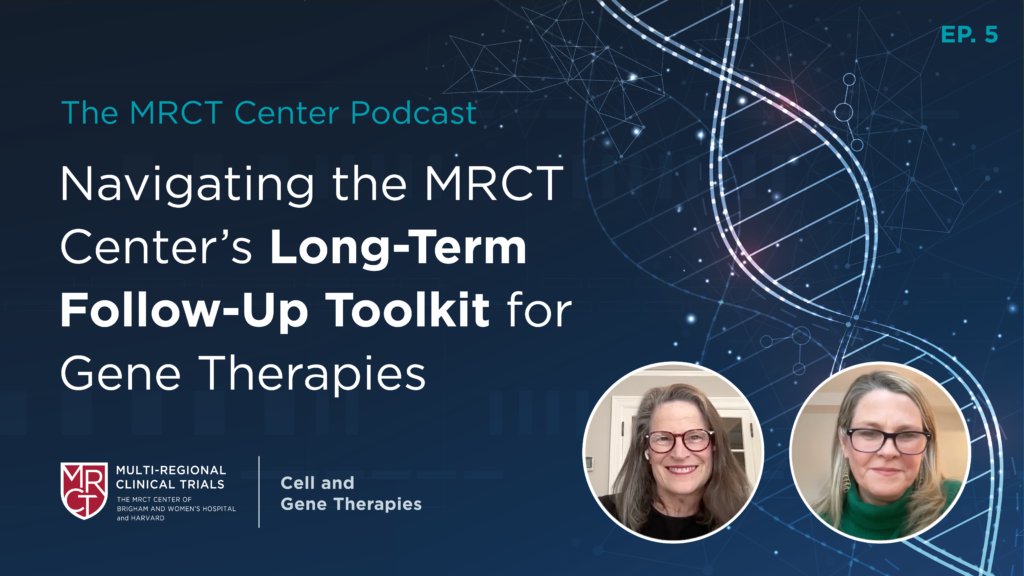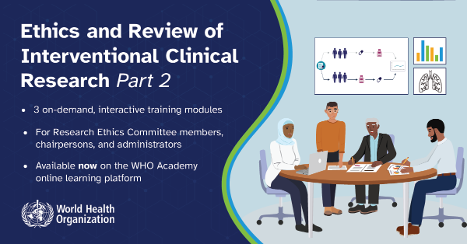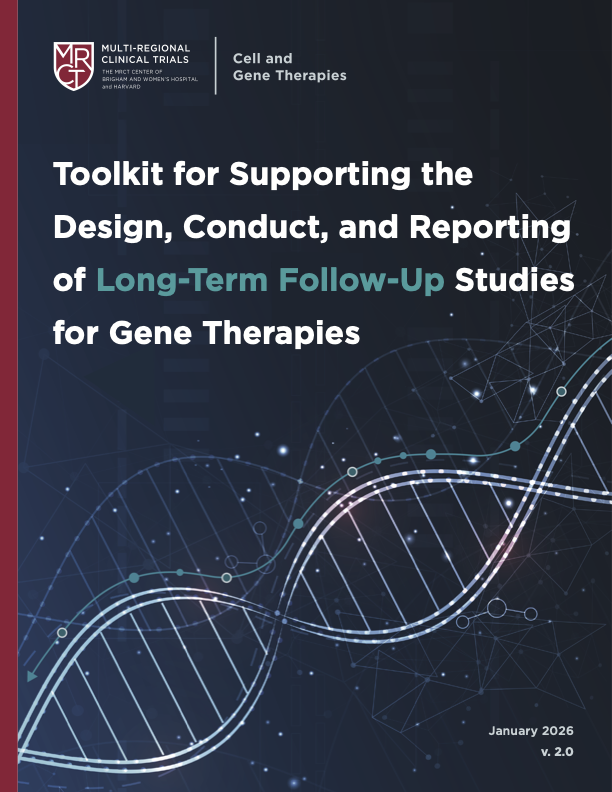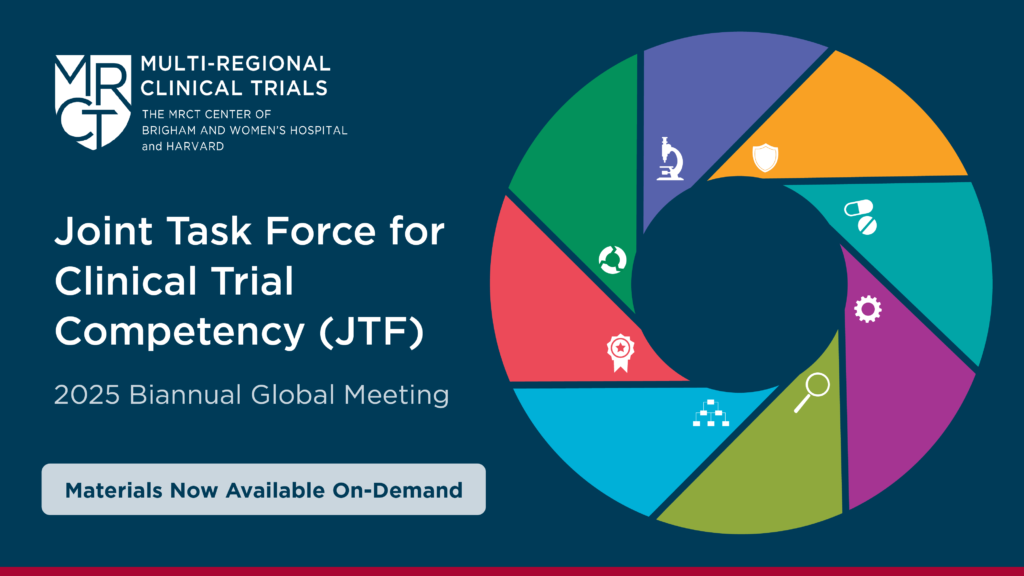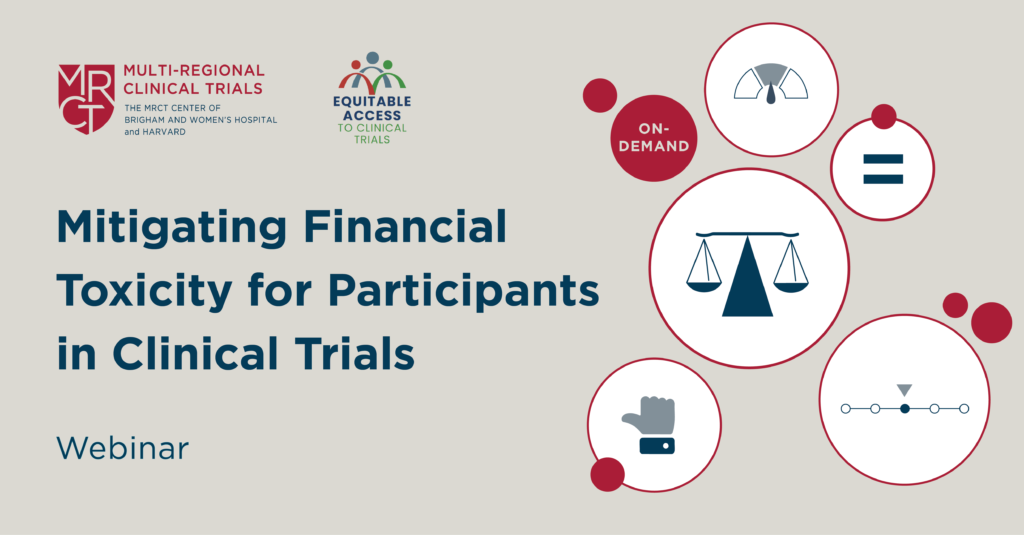Meeting
Presented on: October, 22, 2025
Presented at: Ropes & Gray and Hybrid
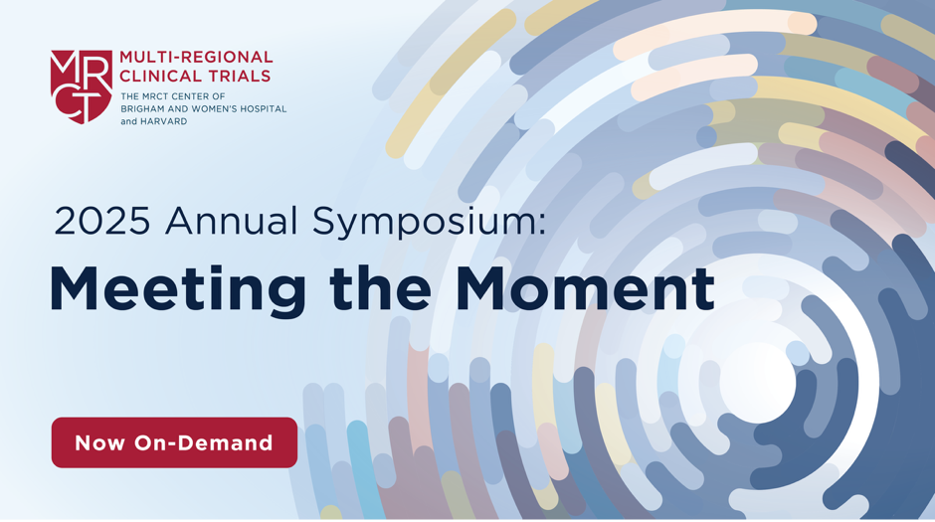
2025 Annual Symposium: Recordings now On-Demand
The MRCT Center held its Annual Symposium on October 22, 2025, hosting 100 people in Boston and 580 people virtually. Sessions focused on concrete implementation challenges in global clinical trials, including how to modernize trial operations, reduce inefficiencies, alleviate site and participant burden, reimagine informed consent as an enabling participant-centered process, and adopt the responsible use of AI. The MRCT Center Long-Term Follow-Up Toolkit was introduced.
The panel recordings are now available on demand.
Keynote | John F. Crowley (BIO)
John F. Crowley, President & CEO, Biotechnology Innovation Organization (BIO)
A call for regulatory modernization, trial simplification, and cross-sector partnership to sustain innovation and expand equitable access to medicines worldwide.
Panel | Clinical Trial Reform: The Need for Change and Progress
Kevin Bugin (Amgen); Karen Hartman (Mayo Clinic); Bridgette René McCullough (ACIRAH Health); Ann Meeker-O’Connell (Novartis)
Practical reforms to reduce protocol complexity and site burden, standardize systems, accelerate start-up, and expand patient access through adaptive and decentralized trial designs.
Session | Meeting the Moment in an Evolving Research Environment
Sarah White, Executive Director, MRCT Center
Repositioning the MRCT Center to remain nimble and opportunistic amid regulatory, technological, and operational uncertainty through focused work on access, innovative trial design, data use and protection, patient-centered approaches, responsive forums, global capacity building, and artificial intelligence.
Panel | Rethinking Informed Consent with Artificial Intelligence
Michael Cohen-Wolkowiez (Duke University); Megan Doerr (Sage Bionetworks); Cristin Freeman (Bristol Myers Squibb)
Real-world applications of AI to enhance informed consent, focusing on participant-centered, scalable, and feasible innovation, while respecting ethical and regulatory expectations.
Panel | Cell & Gene Therapy Long-Term Follow-Up (LTFU): Key Deliverables and the Path Forward
Lara Gehl (Bristol Myers Squibb); Daniel Kavanagh (WCG); Pamela Tenaerts (Medable)
Practical applications of the MRCT Center’s LTFU Toolkit to harmonize data, reduce participant burden, integrate decentralized methods, and meet long-term safety and regulatory requirements.
MRCT Center Updates | Select Initiatives
Willyanne DeCormier Plosky; Sarah White; Sylvia Baedorf Kassis; Lisa Koppelman; Barbara Bierer (MRCT Center)
Implementation updates on Representation in Research, capacity building through the TRACE Project, workforce competency standards (JTF), pediatric research, and the European Health Data Space.
Save the date: The 2026 MRCT Center Annual Symposium will take place on Wednesday, October 21, 2026, in Boston. An agenda will be shared in the coming months.

